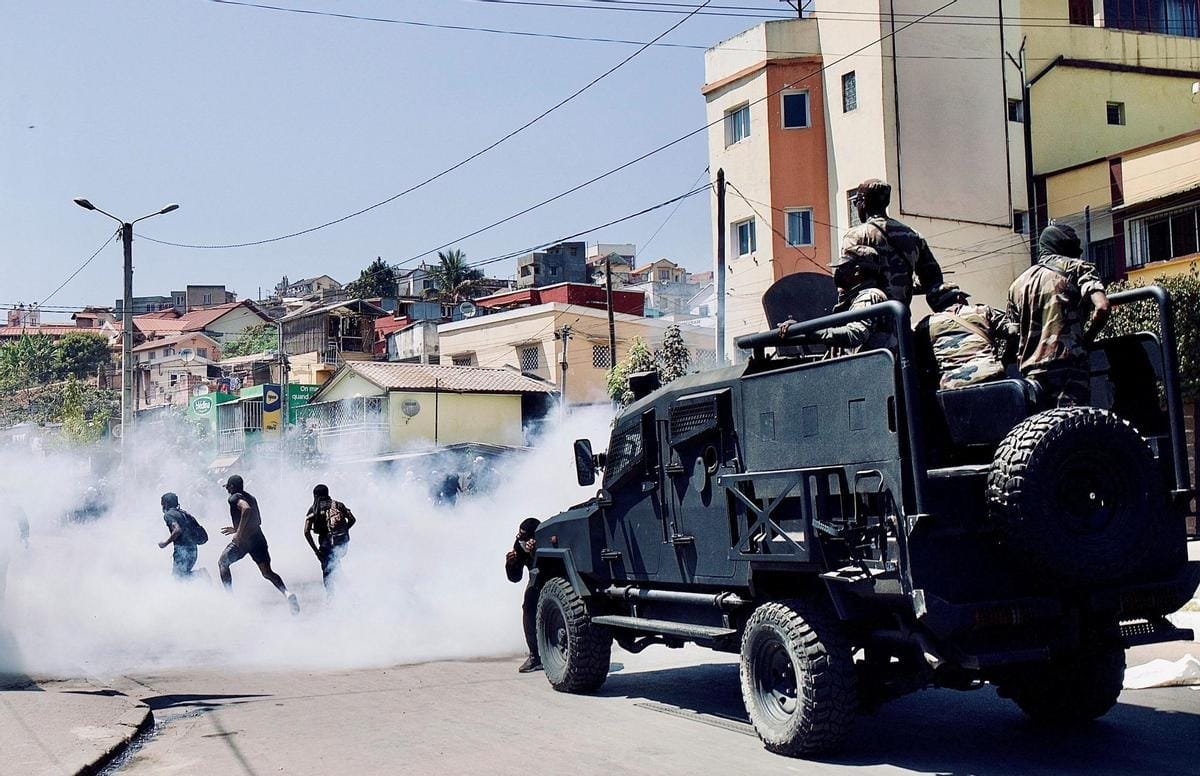Madagascar President Andry Rajoelina on 29 September announced the dissolution of the government, including firing Prime Minister Christian Ntsay, in response to widespread protests driven largely by young people over persistent power and water outages across the country.
The unrest began around 25 September, when thousands of demonstrators, many young, took to the streets in the capital Antananarivo and elsewhere demanding reliable electricity and water. Protesters also voiced frustrations over poverty, government inefficiency, and corruption. Violence escalated: police used tear gas, rubber bullets, there were reports of looting and clashes. Authorities imposed a dusk-to-dawn curfew in major cities, including Antananarivo.
According to the United Nations, at least 22 people have died and over 100 have been injured in the protests. The UN attributes some deaths to excessive force by security forces, though Madagascar’s government disputed the higher casualty figures.
In his address on national television, Rajoelina acknowledged government failures, apologized and said he heard “the call … the suffering … the anger” of the people. He said that those previously in office would remain in place in an interim capacity while a new government is formed, and he set a three-day window during which applications for the post of prime minister will be reviewed.
While the dissolution of the government is a major concession, Rajoelina did not indicate that he himself plans to step down. Protesters have been demanding both the removal of Prime Minister Ntsay and of Rajoelina.
The youth-led protests have been compared to “Gen Z” protest movements seen recently in Kenya and Nepal in how they mobilize via social media, employ creative symbols and messaging, and focus on public services and everyday governance failures rather than traditional political divides.
The situation remains volatile: the curfew is still enforced, clashes have continued on some nights, and looting and property damage have occurred. Observers warn that unless longer-term reforms are enacted—especially ensuring reliable utilities and addressing economic grievances—public trust may continue to erode.





